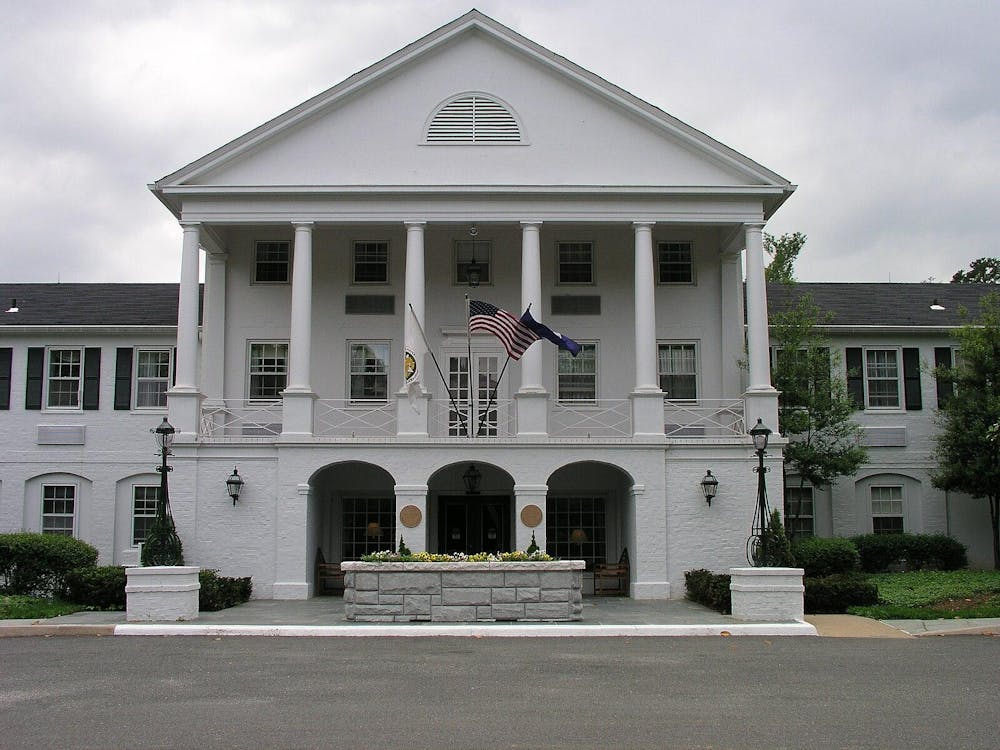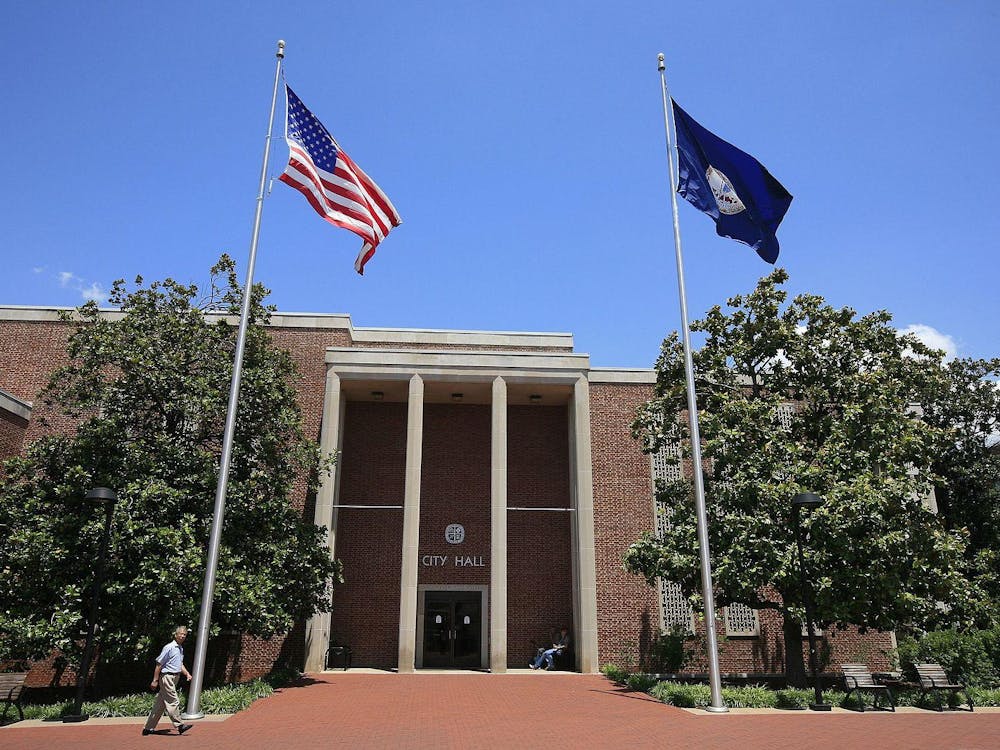IN 1996, presidential politics took a leap into the digital age with both Republican candidate Bob Dole and President Bill Clinton launching their own Internet campaign sites. Since that campaign seven years ago, the presidency has changed back into Republican hands, and the Internet has grown ever more in its vitality in American life. With the candidacy of Howard Dean for the Democratic presidential nomination, politics is running towards a crossroads with this emerging technology. While many are hailing this crossbreeding of politics and technology as "the next big thing," only time will tell what the implications will be for Dean, for voters and for political institutions.
If we are on the brink of a brave new world of campaigning, Democratic presidential hopeful Howard Dean is its prophet. Dean has been the leader thus far in the digitalization of the campaign, with virtually every element of his campaign, from grassroots organization, fundraising and even major campaign directional decisions, taking place in cyberspace.
Much of this can be attributed to Joe Trippi, Dean's campaign manager. As a former employee for Progeny Linux Systems, a company that developed the open-sourced operating system Linux, Trippi is trying to cross over his software experience into what the Slate's Chris Suellentrop characterizes as "open source politics," an open dialogue between the candidate, staff and people at the grassroots level on campaign issues ("We'll See If It Happens," Nov. 6, Slate.com).
This is new ground. Earlier this month, Dean polled 60,000 of his supporters via e-mail as to whether he should accept public funds and the spending caps that go with them or not, and then made his decision to pursue the latter option, allegedly based on these polling numbers. While Dean's campaign might have already chosen their answer and just polled their base as a nicety, there is no precedent for such open and direct input into a presidential campaign by individuals.
More tangible, however, is how the Dean Web site has provided Dean with the mother's milk of politics, to borrow from the late Jesse Unruh: money. The hallmark of Dean's campaign funding has been small, online contributions that aggregate into amounts that dwarf other Democratic candidates. In a political climate where it seems that campaigns are won and lost on the basis of recruiting blocs of big donors, Dean's techno-fundraising is just as improbable as his ascent to the top of the Democratic pile.
Dean's digital campaign is also fueled, in what has been a surprising phenomenon to observe, by people organizing online through Meetup.com. For those not familiar with Meetup, it is a Web site where people with interests ranging from dachshunds to Dungeons & Dragons can organize for online and in-the-flesh meetings. Dean is the darling of this site with its largest group by far -- roughly 142,000 members. The nearest membership number for one of his competitors is Gen. Wesley Clark's group, with a comparatively paltry 44,000 members.
Dean's campaign has put other Democratic presidential hopefuls on notice that the battle for the nomination will not only be one fought in Iowa (perhaps not, actually, considering Gen. Clark and Sen. Joe Lieberman's decisions) and New Hampshire with handshakes and town hall meetings, but with bits and bytes. Since Dean's success with Meetup.com and his blog, Democratic candidates Sen. John Kerry, Sen. John Edwards and Gen. Clark have followed suit and instituted these same features into their Web sites, though none with the grassroots-generated gusto of the Dean campaign.
While Dean's Web presence strikes reaction and conformity in Democratic opponents, it isn't affecting President Bush much. Bush is the anti-Dean not only on policy members, but also in campaign structure. The president's campaign relies on old-school Republican fundraising networks, local party activities and the like. President Bush's Web site, like Dean's, features a blog feature, but it functions more like a news and press release center than a dialogue, and comes off more as "keeping-up-with-Dean" than anything arising out of a genuine desire of supporters.
Of course, President Bush doesn't have to play Dean's digital game because he is uncontested within his party and because of his incumbent status. With a war chest amassed that out-sizes Dean's many times over, Bush has done quite fine on bread-and-butter political fundraising and organizing strategies, a game that, with the help of Karl Rove, he is downright unbeatable at by any Democratic candidate. If Bush pursues an online strategy, it need be only a small, small part of his overall plan for re-election.
In light of Bush's approach, it is probably too early to declare a new era in campaign politics. It will take an open election without an incumbent to determine that. Even in this election cycle, it is too early, with one year left, to tell whether this Internet strategy will work even for Dean. What will ultimately be the determinant of the fate of the blend of Internet and politics will be whether the medium can become a message not just for well-informed, technologically-literate yuppies and college students, but for middle America.
(Jim Prosser's column appears Tuesdays in The Cavalier Daily. He can be reached at jprosser@cavalierdaily.com.)






